Source: HR Daily Advisor
Author: Lin Grensing-Pophal, Contributing Editor
It’s natural for hard-chargers and go-getters to be perfectionists. Every project must be a stellar accomplishment, every presentation must be flawless, and even e-mails must be perfect. When necessary and appropriate, that drive for perfection is an admirable trait and one managers can appreciate.
Quest for Perfection Carries Costs
Although it’s great to perfect, there’s a lot of time and effort that goes into getting to perfect. Time tends to be in short supply in most workplaces; consequently, spending an extra 20 minutes on an e-mail that could have taken 5 minutes isn’t necessarily a great use of that limited resource. Similarly, chasing down every loose end and quadruple-checking every fact in a presentation or report can also be an unnecessary drain on resources, hence the common saying “Sometimes, good enough is better than great.”
When It’s Okay to be “Good Enough”
In certain situations, it’s better to do just enough to succeed than to go the extra mile to excel. It’s simply not feasible to be perfect at everything, in part because it often comes at the expense of other tasks.
Few employees have the luxury of being able to focus exclusively on one task and ignore everything else. Workers who always strive to perfection are also almost certain to fall short, leading to undue stress, anxiety, and feelings of inadequacy.
Focusing on Critical Priorities
This is not to say that “good enough” should always be the standard; there are critical priorities, high-stakes initiatives, and big-dollar deals that warrant putting in the time and effort it takes to achieve perfection.
But the key for employees and their managers is to identify when that effort is in the team’s and organization’s best interest, given employees’ workload and the importance of the task.
Perfectionists may cringe at being told “sometimes, good enough is better than great,” but they typically have too many tasks to be perfect at all of them. Focusing too much on perfection not only contributes to an unrealistic workload but also causes stress and anxiety in those who desire to achieve an unrealistic universal perfection.
Lin Grensing-Pophal is a Contributing Editor at HR Daily Advisor.
The post When Good Enough Is Better than Great appeared first on HR Daily Advisor.

